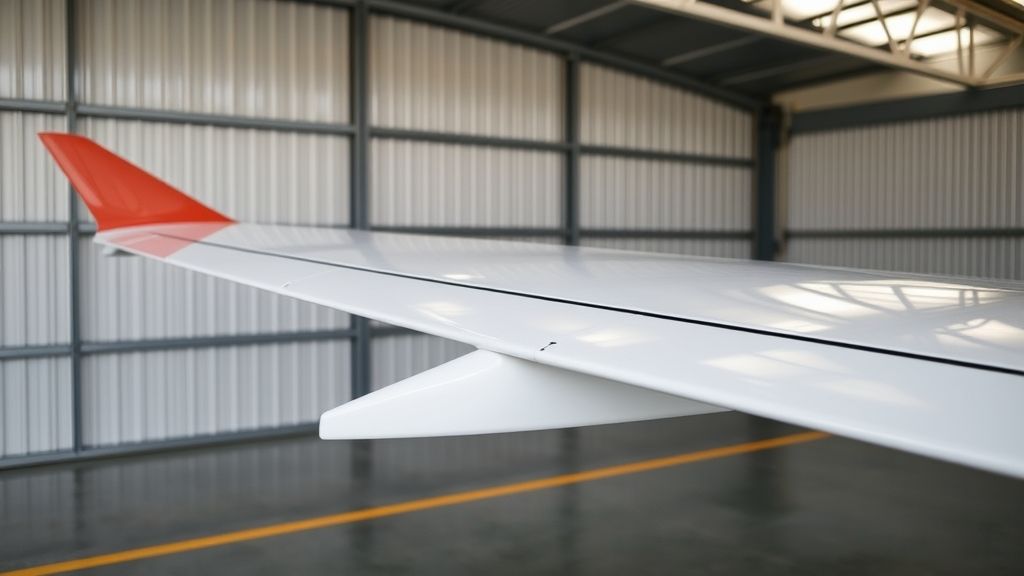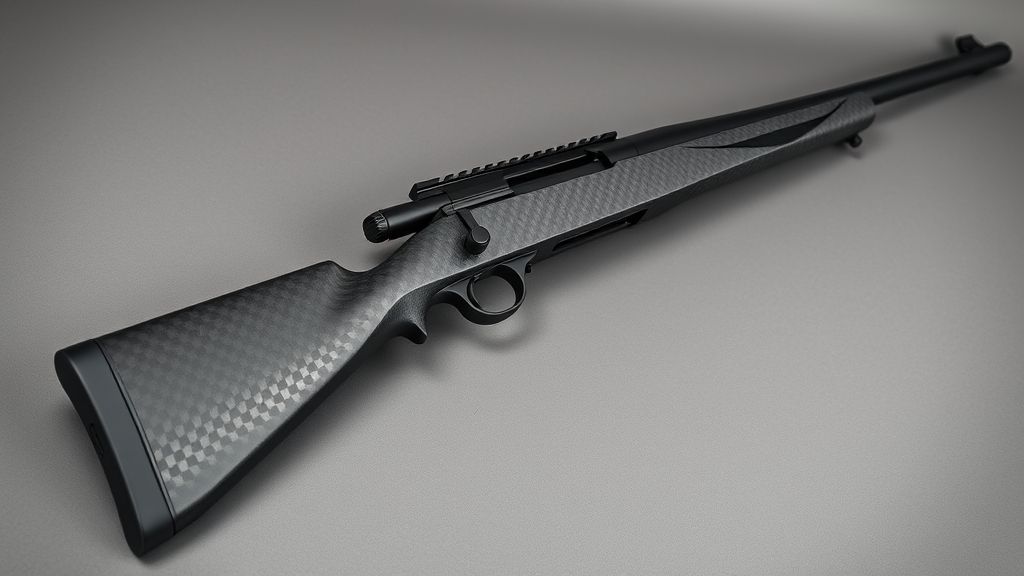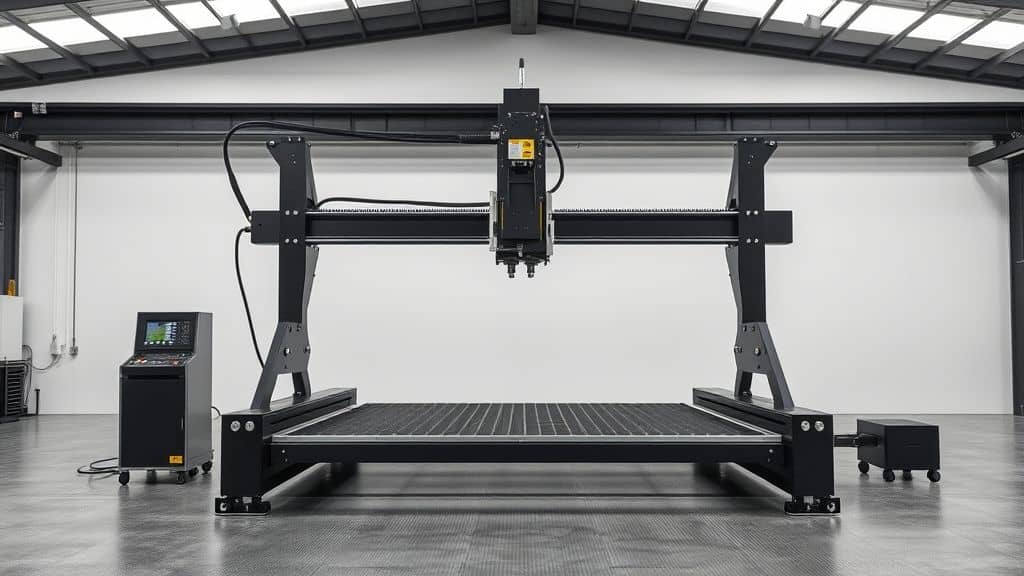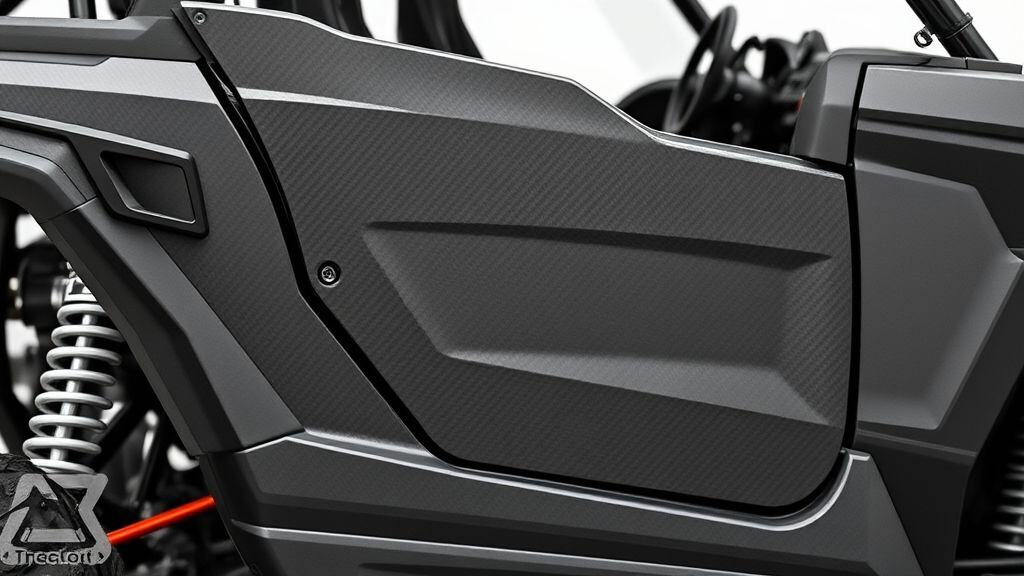Carbon Fiber Part Fabrication
High-Performance Carbon Fiber Manufacturing for Strength, Precision, and Aesthetic Appeal
Carbon fiber composites offer an unbeatable combination of lightweight strength, dimensional stability, and modern aesthetics. At Laminate Engineering, we specialize in the design and fabrication of custom carbon fiber components for industries that demand performance, precision, and durability. Whether you need high-strength structural components or custom aesthetic finishes, our expertise ensures superior results.
Understanding Carbon Fiber Composites

Resin Systems Used in Carbon Fiber Manufacturing
The choice of resin in carbon fiber part fabrication significantly impacts the final product’s strength, durability, and performance. While there are many kinds of resin that can be used, those most commonly found in standard products include:
01
Epoxy Resin (Most Common)
Because most carbon fibers are sized to epoxies, this creates the strongest bond, offering superior structural integrity and impact resistance.
02
Vinylester & Polyester Resins
While sometimes used with carbon fiber, they generally result in a weaker bond and reduced mechanical properties.
03
UV Protection Considerations
Because some resins can degrade and yellow under UV exposure, carbon fiber parts intended for outdoor use typically require a protective coating, such as polyurethane.

Aesthetic Considerations for Carbon Fiber Parts
Beyond its unmatched strength, many customers choose carbon fiber for its premium aesthetic. We take special care to maintain the visual appeal of the carbon material:
Pigments
While resins can be pigmented, carbon fiber’s black color obscures most pigments. However, black pigment can be used for a sleek, uniform finish.
Weave Pattern Integrity
The outer-most layer must be carfully applied in a clean environment to preserve the signature woven appearance. Some fabrics incorporate thermoplastic stabilizers to ensure a consistent weave pattern.
Forged Carbon & Custom Weaves
For a unique look, chopped carbon fibers can be molded to create a “forged carbon” effect. Additional, custom weave patterns beyond the traditional twill are available for a truly distinctive aesthetic.
Carbon Fiber Part Manufacturing Processes

Resin Infusion
This process ensures strong, lightweight parts with good resin control, creating high-performance components with minimal voids.
Prepreg Molding
Using pre-impregnated carbon fiber with resin, this method delivers high-consistency and excellent mechanical performance.
Wet Layup & Vacuum Bagging
An effective method for complex geometries, offering the best mix of performance and cost.
Why Choose Carbon Fiber? Key Advantages

Exceptional Strength-to-Weight Ratio
Carbon fiber composites are stronger than steel at a fraction of the weight
Dimensional Stability & Low Thermal Expansion
Carbon fiber maintains its shape and size across temperature variations better than metals
Fatigue Resistance & Long Service Life
Carbon fiber maintains its integrity under repeated stress, making it ideal for applications with multiple load/unload cycles
Corrosion & Chemical Resistance
Carbon fiber composites are highly resistant to environmental factors, including chemicals and moisture
Custom Carbon Fiber Applications
Carbon fiber’s unique properties make it a prefferred material for a wide range of industries:
Industrial & Manufacturing
High-strenth tooling, reinforcement panels, and lightweight robotic arms
Medical Equipment
MRI-compatible components and lightweight structural suports
Automotive & Power Sports
Custom aftermarket parts, UTV body panels, and race car components
Aerospace
UAV structural parts and manned-aircraft components

Why Work with Laminate Engineering?
At Laminate Engineering, we offer years of expertise with our fabrication processes to deliver high-performance composite components.
01
Expertise & Experience
Over 30 years of experience manufacturing advanced carbon fiber parts, and experience matters. We help our customers to tailor their designs to avoid common manufacturing pitfalls and hidden production costs.
02
Custom Solutions
Engineered to meet the specific strength, weight, and aesthetic requirements for your application.
03
Consistent Quality
Precision manufacturing and strict quality control for reliable performance.
